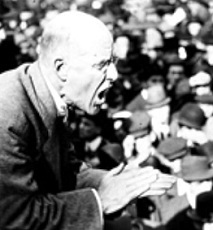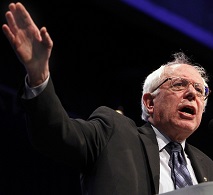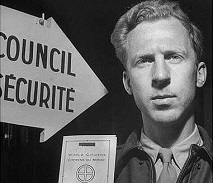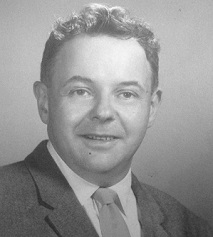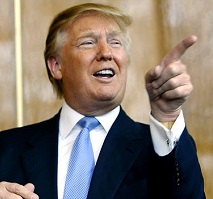
The Trump Effect: Falling for Successful Psychopaths
Why are millions fascinated, often even seduced, by people whose behavior actually points to pathology? Perhaps we are wired to be attracted by narcissists, sociopaths and psychopaths, people so focused on their own central role in whatever takes place that the rest of us are sucked into their reality.

